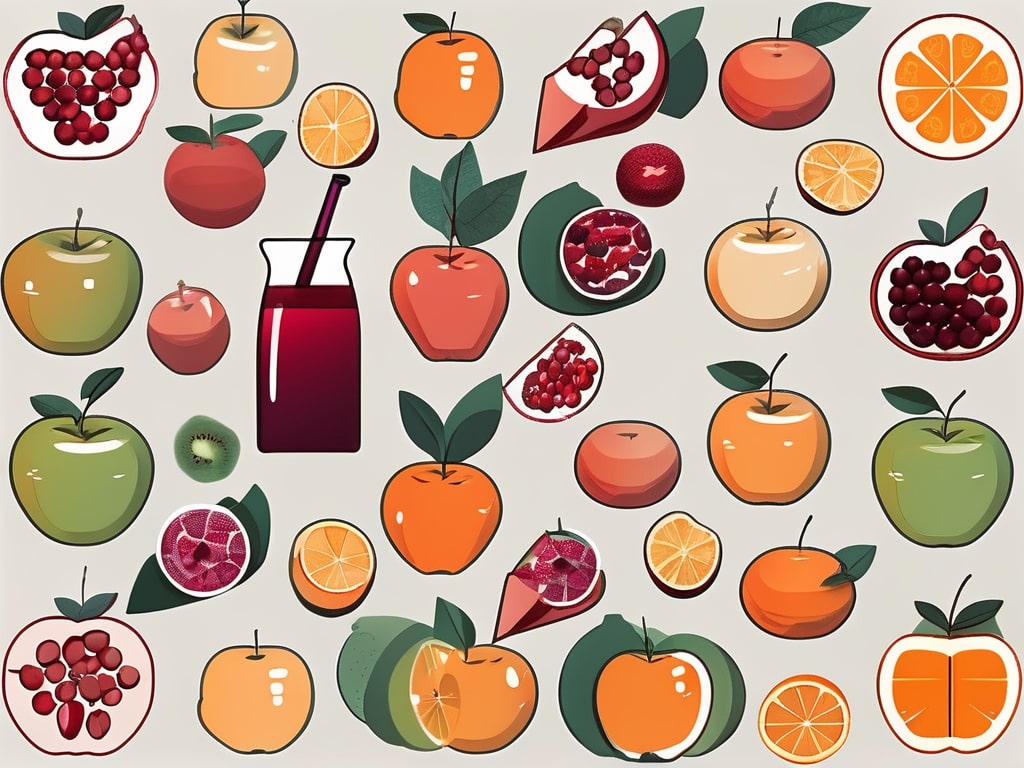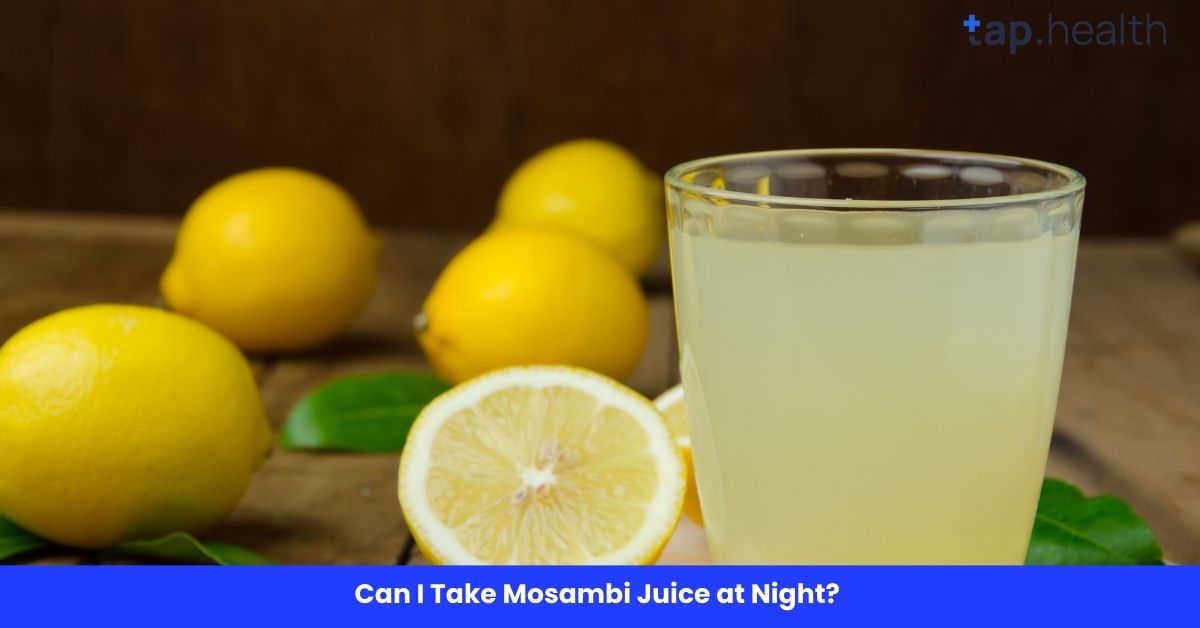Managing diabetes requires careful attention to diet, and juices can play a surprising role in supporting blood sugar control when chosen wisely. While whole fruits and vegetables are often preferred for their fiber content, certain juices can provide essential nutrients, hydration, and even blood sugar-regulating benefits. This blog explores the top 12 diabetes-friendly juices, how they help, and tips for incorporating them into a balanced diet.
Why Juices Matter for Diabetes Management
For people with diabetes, maintaining stable blood sugar levels is critical. Juices, when selected carefully, can contribute to this goal. Low-glycemic juices, rich in nutrients and antioxidants, may support insulin sensitivity, reduce inflammation, and promote overall health. Additionally, juices can offer hydration, which is essential for proper metabolic function and blood sugar regulation.
However, not all juices are suitable. High-sugar or processed juices can cause rapid blood sugar spikes, so choosing 100% natural juices without added sugars is key. Combining fruits with low-carb vegetables like spinach or cucumber can further enhance the benefits while minimizing sugar content.
Are Juices Safe for Diabetics?
Can diabetics drink juice safely?
Yes, but moderation and selection are crucial. Juices with low glycemic index (GI) values and no added sugars are safer choices. Whole fruits are generally better due to their fiber, which slows sugar absorption, but juices can still provide vitamins, minerals, and hydration when consumed thoughtfully.
What makes a juice diabetes-friendly?
Opt for juices made from low-GI fruits and vegetables, such as berries or leafy greens, and avoid those with added sugars. Homemade or freshly squeezed juices are ideal to ensure purity and nutrient density.
Top 12 Juices for Diabetes to Control Blood Sugar
Here are the 12 best juices for diabetes, each chosen for their low sugar content, nutrient density, or blood sugar-regulating properties:
1. Carrot Juice
Carrot juice is a popular choice for diabetics due to its low GI and high nutrient content. It’s an excellent source of beta-carotene, a type of antioxidant that is converted into vitamin A. Vitamin A is important for maintaining healthy eyes and boosting the immune system.
Health Benefits of Carrot Juice:
- Low in calories: Helps with weight management, which is crucial for diabetes control.
- Rich in fiber: Supports digestive health and helps slow the absorption of sugar.
- Packed with vitamins and minerals: Carrots are rich in vitamin C, potassium, and other essential nutrients.
How to Prepare:
Simply blend fresh carrots with water, or for an extra kick, you can add a little ginger for added flavor and benefits.
2. Spinach and Kale Juice
Leafy greens like spinach and kale are full of fiber, vitamins, and antioxidants, making them a fantastic choice for managing diabetes. These vegetables have a low glycemic index and are nutrient-dense, which means they help stabilize blood sugar while supporting overall health.
Health Benefits of Spinach and Kale Juice:
- Rich in magnesium: Magnesium plays a key role in regulating blood sugar.
- High in fiber: Helps slow sugar absorption and improves insulin sensitivity.
- Packed with antioxidants: Protects the body from oxidative stress and inflammation.
How to Prepare:
Blend spinach and kale with water or add a small amount of apple for sweetness. This juice is best enjoyed fresh to get the maximum nutrient value.
3. Tomato Juice
Tomatoes are a great source of lycopene, a powerful antioxidant that supports heart health. Since people with diabetes are at a higher risk of heart disease, drinking tomato juice can offer additional cardiovascular protection while controlling blood sugar levels.
Health Benefits of Tomato Juice:
- Low GI: Tomato juice helps maintain stable blood sugar levels.
- Rich in vitamins: Contains vitamin C and vitamin A, which are vital for immune function and skin health.
- Heart-healthy: The lycopene in tomatoes supports heart health and reduces inflammation.
How to Prepare:
Juice fresh tomatoes or buy organic tomato juice (make sure it’s low-sodium to keep sodium levels in check).
4. Cucumber Juice
Cucumbers are hydrating, low-calorie vegetables that are also beneficial for controlling blood sugar. Cucumber juice has a high water content, which helps keep you hydrated and may promote better digestion.
Health Benefits of Cucumber Juice:
- Low glycemic index: Cucumber juice is easy on blood sugar.
- Hydration: Keeps your body hydrated, which is important for overall health, especially for diabetics.
- Low in calories: A great option for those looking to manage weight.
How to Prepare:
Juice fresh cucumbers, and for extra flavor, you can add a splash of lemon or mint.
5. Pomegranate Juice
Pomegranate juice is packed with antioxidants, specifically polyphenols, which can help reduce inflammation and protect against oxidative damage. Studies suggest that pomegranate juice may improve insulin resistance, a common issue for diabetics.
Health Benefits of Pomegranate Juice:
- Antioxidants: Pomegranate contains powerful antioxidants that help lower inflammation and support heart health.
- Insulin sensitivity: May improve the body’s response to insulin.
- Low glycemic index: Helps prevent sharp spikes in blood sugar.
How to Prepare:
Fresh pomegranate juice can be made by juicing the seeds, or you can buy organic pomegranate juice with no added sugar.
6. Apple Cider Vinegar Drink
While not technically a juice, apple cider vinegar (ACV) has gained popularity for its potential to help with blood sugar control. Mixing ACV with water creates a tangy drink that may help improve insulin sensitivity and stabilize blood sugar after meals.
Health Benefits of Apple Cider Vinegar Drink:
- Improves insulin sensitivity: Studies show that ACV can help improve insulin function.
- Regulates blood sugar levels: Helps prevent large swings in blood sugar after meals.
- Supports digestion: May promote healthy digestion and gut health.
How to Prepare:
Mix 1-2 tablespoons of ACV with a glass of water. You can add a teaspoon of honey for sweetness if desired.
7. Bitter Melon Juice
Bitter melon (also called bitter gourd) has been used in traditional medicine for centuries, particularly for managing diabetes. It contains compounds that mimic insulin and may help reduce blood sugar levels.
Health Benefits of Bitter Melon Juice:
- Helps lower blood sugar: Contains charantin, an active compound that helps reduce blood sugar levels.
- Supports insulin secretion: May stimulate the pancreas to produce insulin.
- Rich in nutrients: High in vitamin C and iron, which are important for overall health.
How to Prepare:
Bitter melon juice has a strong, bitter taste. To make it more palatable, combine it with apple or lemon juice.
8. Celery Juice
Celery is known for its anti-inflammatory properties, which can be particularly beneficial for people with diabetes who are at risk of inflammation-related complications. Celery juice also supports hydration and is low in calories, making it an excellent choice for weight management.
Health Benefits of Celery Juice:
- Anti-inflammatory: Reduces inflammation, which is common in people with diabetes.
- Low glycemic index: Does not cause spikes in blood sugar.
- Rich in vitamins and minerals: Contains vitamin K, vitamin A, and folate.
How to Prepare:
Juice fresh celery stalks for a refreshing, hydrating drink. You can add a squeeze of lemon for extra flavor.
9. Coconut Water
Coconut water is a naturally hydrating beverage that contains essential electrolytes like potassium and magnesium. It is often recommended for diabetes management because it helps regulate blood sugar levels without the added sugar found in many sports drinks.
Health Benefits of Coconut Water:
- Helps control blood sugar: Coconut water has a low glycemic index and supports hydration.
- Rich in electrolytes: Helps maintain healthy blood pressure and hydration levels.
- Supports kidney health: May promote healthy kidney function, which is crucial for people with diabetes.
How to Prepare:
You can drink fresh coconut water or buy bottled varieties (ensure it’s 100% pure and without added sugars).
10. Blueberry Juice
Blueberries are rich in antioxidants, particularly anthocyanins, which help improve insulin sensitivity and regulate blood sugar levels. Drinking blueberry juice can be an excellent way to manage diabetes while enjoying the sweet taste of berries.
Health Benefits of Blueberry Juice:
- Rich in antioxidants: Blueberries are packed with antioxidants that fight oxidative stress.
- Improves insulin sensitivity: Helps the body respond better to insulin.
- Low glycemic index: Does not cause rapid spikes in blood sugar.
How to Prepare:
Blend fresh or frozen blueberries with water for a refreshing, naturally sweet juice.
11. Ginger Tea
While ginger is often consumed as a spice, ginger tea made from fresh ginger root has been found to have numerous health benefits for people with diabetes. It has anti-inflammatory properties and can help improve digestion.
Health Benefits of Ginger Tea:
- Improves blood sugar control: Studies show that ginger can help regulate blood sugar levels.
- Supports digestion: Aids in digestion and helps reduce bloating.
- Reduces inflammation: Has powerful anti-inflammatory effects.
How to Prepare:
Simply steep fresh ginger slices in hot water and enjoy.
12. Lemon Juice
Lemon juice is packed with vitamin C and antioxidants, both of which are essential for people with diabetes. The acidity of lemon juice may also help slow down the absorption of sugar, keeping blood sugar levels stable.
Health Benefits of Lemon Juice:
- Rich in vitamin C: Supports immune function and helps fight inflammation.
- Helps regulate blood sugar: May slow the absorption of sugar into the bloodstream.
- Supports kidney health: May help prevent kidney stones, a common complication of diabetes.
How to Prepare:
Squeeze fresh lemon juice into a glass of water and drink it throughout the day.
How to Incorporate Juices into a Diabetic Diet
Balance is key: Juices should complement, not replace, whole fruits and vegetables, which provide essential fiber for blood sugar control. Portion control: Monitor serving sizes (typically 4–8 oz) to avoid sugar overload. Check blood sugar levels after consuming to understand your body’s response. Pair with meals: Drink juices alongside balanced meals or as snacks to minimize blood sugar fluctuations. Make your own: Homemade juices ensure no added sugars or preservatives, maximizing nutrient benefits.
Fruits and Juices to Avoid with Diabetes
High-sugar fruits to limit: Bananas, grapes, and mangoes have high sugar content and can spike blood sugar quickly. Juices to avoid: Steer clear of commercial apple juice, grape juice, or sugary fruit punches, as they often contain added sugars or high-GI ingredients. Check labels: Always read ingredient lists to avoid hidden sugars or artificial sweeteners.
Tips for Choosing Diabetes-Friendly Juices
- Prioritize low-GI options: Choose fruits and vegetables with low glycemic indexes, like berries, leafy greens, or cucumbers.
- Go for 100% juice: Avoid products with added sugars, syrups, or artificial sweeteners.
- Incorporate vegetables: Combine fruits with low-carb vegetables to reduce sugar content and boost nutrients.
- Consult a professional: Work with a dietitian to tailor juice choices to your specific health needs.
Suppose you have diabetes and want to enjoy a refreshing drink without spiking your blood sugar. Drinking bitter gourd juice in the morning or a spinach-cucumber juice mid-day can keep your glucose levels stable. Unlike fruit-only juices like mango or orange juice, these options release sugar slowly, preventing sudden spikes.
Expert Contribution
Endocrinologists and dietitians suggest that juices for diabetics should be low in sugar and high in fiber. Extracting juice from vegetables and low-sugar fruits, and sometimes blending rather than juicing, helps retain fiber, which slows glucose absorption. Experts also recommend monitoring blood sugar after trying new juices to understand their impact.
Recommendations Grounded in Proven Research and Facts
- Choose low-glycemic vegetables and fruits like bitter gourd, cucumber, spinach, and tomatoes.
- Avoid high-sugar fruits like mango, pineapple, and grape juice.
- Blend instead of juice when possible to retain fiber.
- Consume fresh juice immediately or refrigerate for a maximum of 24 hours.
- Pair with protein or healthy fats (like nuts or seeds) to reduce post-drink blood sugar spikes.
- Monitor your blood sugar to see how your body reacts to each juice type.
Frequently Asked Questions on 12 Best Juices for Diabetes to Control Blood Sugar Level
1. What juices can I drink if I have diabetes?
You can drink juices like carrot, spinach, kale, tomato, cucumber, and lemon juice, as they have a low glycemic index and provide essential nutrients that help control blood sugar levels.
2. Can lemon juice help with blood sugar control?
Yes, lemon juice is low in sugar and rich in vitamin C, making it a great option for controlling blood sugar. It can also slow down the absorption of sugar into the bloodstream.
3. Is coconut water good for diabetes?
Yes, coconut water is a good drink option for people with diabetes. It contains essential electrolytes like potassium and magnesium and has a low glycemic index, making it a good choice for hydration without causing blood sugar spikes.
4. Is pomegranate juice good for diabetics?
Yes, pomegranate juice contains antioxidants that may improve insulin sensitivity and lower inflammation, making it a beneficial drink for people with diabetes.
5. What juices should be avoided by people with diabetes?
People with diabetes should avoid juices with a high glycemic index, such as those made with tropical fruits (like pineapple or mango), as they can cause rapid spikes in blood sugar. Also, avoid juices with added sugars.
Final Thoughts on Juices for Diabetes
Incorporating the right juices into a diabetic diet can provide hydration, nutrients, and blood sugar-regulating benefits. By choosing low-GI, nutrient-dense options like tomato, spinach, or bitter gourd juice, individuals with diabetes can enjoy flavorful drinks without compromising their health. Always prioritize whole foods, monitor portions, and consult a healthcare professional to ensure juices align with your dietary needs. With mindful choices, juices can be a refreshing and healthful addition to diabetes management.



